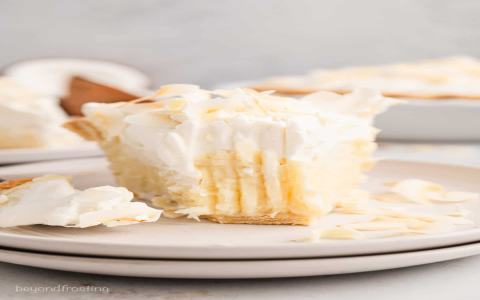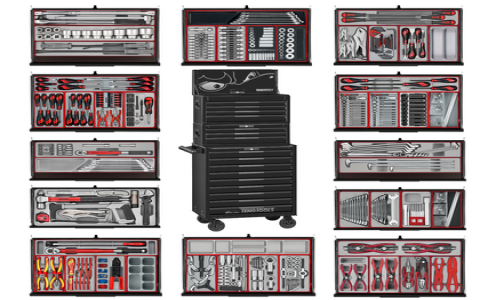Freezing coconut cream can be a valuable skill for those who appreciate its rich flavor and versatility in cooking and baking. Whether you use it in smoothies, curries, or desserts, having a stash of coconut cream in your freezer can simplify meal preparation and reduce waste. The question arises: Can I freeze coconut cream? The simple answer is yes. However, there are a few essential details to keep in mind to ensure that its texture and flavor are maintained after freezing.
Coconut cream is derived from the flesh of mature coconuts and is often used in various culinary applications for its creamy consistency and tropical taste. When considering freezing coconut cream, it’s important to understand its properties. Upon freezing, the water content within coconut cream can lead to separation, causing it to appear grainy or watery when thawed. This change in texture is due to the emulsifying agents in coconut cream breaking down during the freezing process.

To successfully freeze coconut cream, start by selecting high-quality coconut cream, ideally one that is free from additives like stabilizers or preservatives. These additives can affect the freezing process and the final texture after thawing. After obtaining the desired coconut cream, there are several methods to freeze it effectively.
One popular technique involves portioning the coconut cream into small containers or ice cube trays. This approach allows you to thaw only the amount you need for a recipe, reducing waste. If using ice cube trays, fill each compartment with coconut cream and place it in the freezer. Once frozen solid, the cubes can be transferred to a resealable freezer bag. When labeling the bag, include the date and amount for easy reference later.
Thawing frozen coconut cream should be approached with care. Ideally, transfer the desired portion from the freezer to the refrigerator and allow it to thaw overnight. This gradual thawing helps maintain its creamy texture. For a quicker option, placing the container under cool running water can also be effective. However, avoid thawing coconut cream in the microwave, as the uneven heating can further alter its texture.
Once thawed, the coconut cream may require a little extra effort to restore its original consistency. Simply stir or whisk the thawed cream to reintegrate any liquid that has separated from the solids. In many cases, it will regain a close resemblance to its fresh state and can be used as you would with newly purchased coconut cream.
Despite the potential for slight texture changes, frozen and thawed coconut cream is still quite usable. It’s perfect for culinary creations where the texture is less critical, such as soups, stews, or blended drinks. Nonetheless, for recipes where the coconut cream needs to be whipped or used in a light and airy manner, it may not yield the desired results after freezing.
Storage duration is another aspect worth mentioning. Frozen coconut cream is best used within three to six months. After this period, the flavor and texture may deteriorate. Keeping your freezer at a consistent temperature can assist in maintaining the quality of the coconut cream over time.
The versatility of coconut cream extends beyond just dietary uses. It can also serve as a base for dairy-free whipped toppings and can enhance dairy-free desserts. By freezing coconut cream, you’re not only extending its shelf life but also maximizing its use in a variety of recipes.
Knowing how to freeze coconut cream effectively allows you to enjoy the luxurious and tropical flavor without having to frequently purchase fresh cream. So next time you’re faced with a can of coconut cream and wonder, Can I freeze coconut cream? you can confidently answer affirmatively, with the knowledge of how to do it right. By managing the freezing and thawing process thoughtfully, you’ll be prepared to elevate your next culinary adventure with the delightful taste of coconut cream anytime.




